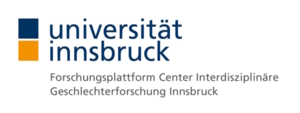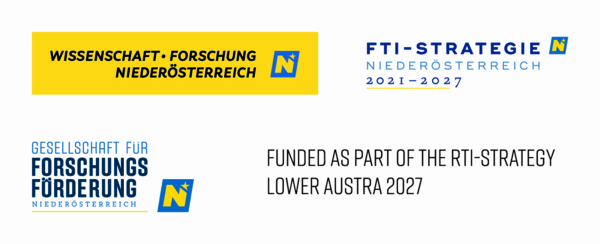The phenomenon of single parenthood and the Austrian welfare state.
Background
Single parenthood primarily affects women and comes with several socio-economic challenges, such as increased health risks, lower income, and a greater risk of poverty. While this has been extensively researched and recognized for years, the situation has not much changed for the better. In fact, the COVID-19 pandemic and the subsequent economic downturn have even triggered a reversal of progress.
Project Content
The SOAL project aims to understand how the Austrian welfare state constitutes and (re)produces single parenthood. Drawing on welfare state research and feminist theory, it examines the socio-political, legal, and administrative aspects of welfare state regulation. Through Critical Discourse Analysis of legal texts, parliamentary protocols, and interviews with social workers, the project provides insights into the structural and ideological dimensions shaping welfare policies, as well as the key factors contributing to single parenthood.
Goals
The main objective of SOAL is to investigate how the Austrian welfare state and social policies contribute to single parenthood and its associated challenges in their current form.To achieve this, the project seeks to understand:
- How single parenthood manifests and what its socio-historical context is.
- The role of legal regulations and welfare services.
- How the dominant political discourse shapes perceptions of single parenthood.
Methods
Four key methods form the foundation of SOAL:
- Literature Review: Investigating the socio-historical context of single parenthood and the discourse on it, with a focus on welfare state policies.
- Document Analysis: Analysing legal documents, parliamentary protocols, party programs, and more to understand the political and structural factors contributing to single parenthood.
- Interviews: Conducting interviews with 20 social workers to explore how they address the individual needs of single parents.
- Critical Discourse Analysis: Examining broader societal implications based on the findings from the document analysis. For this, the Norman Fairclough’s dialectical-relational approach is used.1
Innovation
SOAL addresses the gap in research on single parenthood within political science, as well as the limited theoretical incorporation of (feminist) welfare state theory in predominantly quantitative studies. The project introduces a novel theoretical-qualitative research approach to investigating the impact of the (Austrian) welfare state on single parenthood.
1 Fairclough, N. (2013). Critical discourse analysis: The critical study of language (2nd ed.). Routledge
Partners
Funding
The content does not necessarily represent the view of the state of Lower Austria or the funding agency. Neither the state of Lower Austria nor the funding agency can therefore be held responsible for the content.
You want to know more. Feel free to ask.
Department of Social Sciences
- Universität Innsbruck, Center Interdisziplinäre Geschlechterforschung Innsbruck (CGI)



